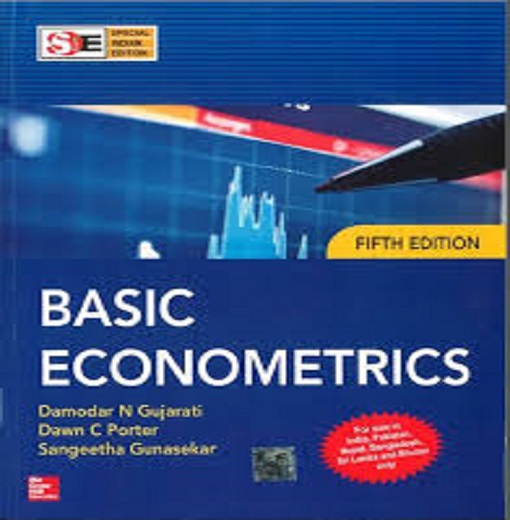Econometrics Tutor in Singapore – Econometrics is a branch of economics that uses mathematical and statistical methods to test hypotheses and analyze economic data. In simple terms, it’s how economists use real-world data to understand economic relationships and make forecasts.
Econometrics Tutor in Singapore
Key Components of Econometrics:
- Economic Theory – Provides the hypotheses or relationships to test (e.g., higher income leads to higher consumption).
- Mathematics – Used to express economic relationships precisely.
- Statistics – Helps estimate relationships and test hypotheses using data.
Example:
Suppose you want to know if education affects income. Econometrics allows you to:
- Collect data on individuals’ education levels and incomes.
- Use a statistical model (like linear regression) to estimate the relationship.
- Interpret the results to see if more years of education are statistically associated with higher income.
Common Tools in Econometrics: Econometrics Tutor in Singapore
- Regression Analysis
- Time Series Analysis
- Panel Data Models
- Instrumental Variables
Why It’s Important:
Econometrics turns economic theory into testable models and helps:
Make business decisions (e.g., pricing strategies)
Forecast economic trends (e.g., inflation, GDP)
Evaluate policy impacts (e.g., minimum wage laws)

Econometrics Tutor in Singapore
Econometrics Syllabus– Econometrics Tutor
Course Objective:
To equip students with the tools and methods to empirically analyze economic relationships using data and statistical techniques. Students will learn to estimate, interpret, and evaluate economic models.Econometrics Tutor in singapore.
Module 1: Introduction to Econometrics
- What is Econometrics?
- Types of Econometrics: Theoretical vs Applied
- Nature and sources of economic data: cross-sectional, time series, and panel data
- Review of basic statistics and probability
Econometrics Tutor in Singapore
Module 2: Simple Linear Regression
- The two-variable linear model
- Assumptions of the classical linear regression model (CLRM)
- Estimation using Ordinary Least Squares (OLS)
- Interpretation of coefficients
- Goodness of fit: R-squared and Adjusted R-squared
- Hypothesis testing: t-test and F-test
Module 3: Multiple Linear Regression
- Extension to multiple regressors
- Gauss-Markov Theorem
- Multicollinearity: causes, detection, and remedies
- Functional forms (log-linear, quadratic models)
- Dummy variables and categorical regressors
- Interaction terms
Module 4: Violations of CLRM Assumptions
- Heteroskedasticity: causes, consequences, and detection (Breusch-Pagan, White test)
- Autocorrelation: causes, consequences, detection (Durbin-Watson test)
- Remedies for heteroskedasticity and autocorrelation
- Model specification errors
Econometrics Tutor in Singapore
Module 5: Time Series Econometrics
- Stationarity and non-stationarity
- Unit root tests (Dickey-Fuller, ADF)
- Autoregressive (AR), Moving Average (MA), and ARMA models
- Forecasting and model evaluation
- Seasonality and trend analysis
Module 6: Panel Data Models
- Fixed Effects (FE) and Random Effects (RE) models
- Pooled OLS vs FE vs RE
- Hausman test
- Applications using panel data
Module 7: Simultaneous Equation Models
- Endogeneity and identification
- Two-Stage Least Squares (2SLS)
- Instrumental Variables (IV)
- Structural vs reduced form
Econometrics Tutor in Singapore
Module 8: Advanced Topics (Optional/Graduate-level)
- Maximum Likelihood Estimation (MLE)
- Limited dependent variable models: Logit, Probit, Tobit
- Quantile regression
- Difference-in-Differences (DiD)
- Causal inference and treatment effects
Econometrics Tutor in Singapore
Software Tools (Practical Component):
- Introduction to software like Stata, R, E Views, or Python
- Data cleaning and visualization
- Running regression models
- Interpreting outputs and diagnostics
Evaluation:
- Assignments & Problem Sets
- Midterm Examination
- Final Project / Empirical Paper
- Class Participation
